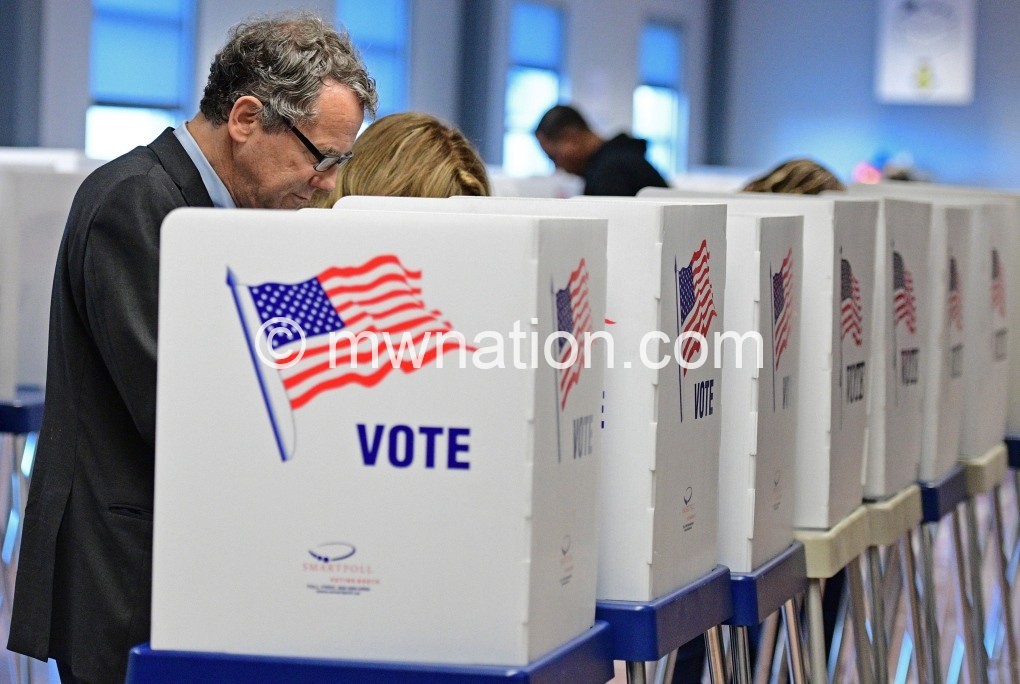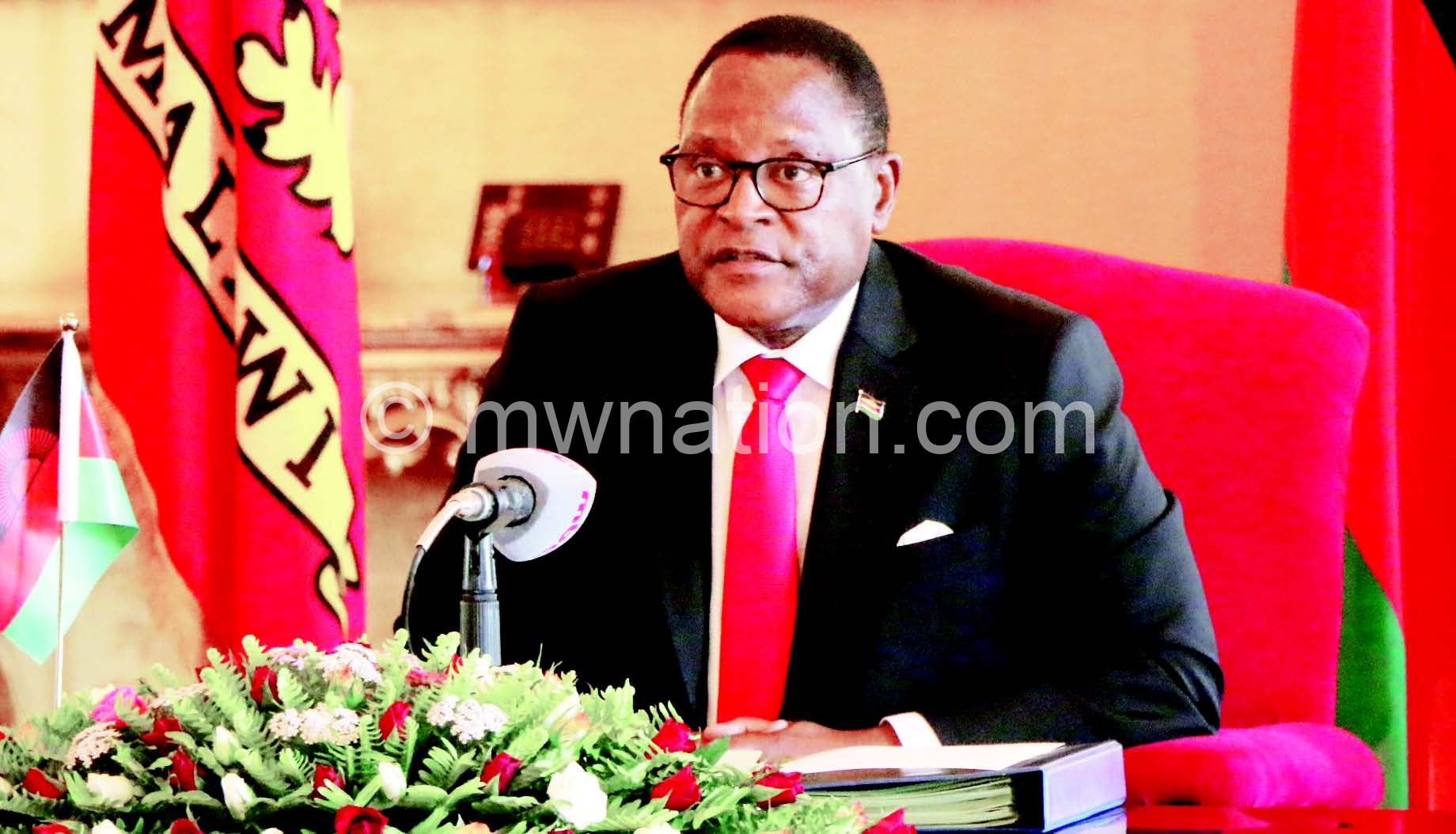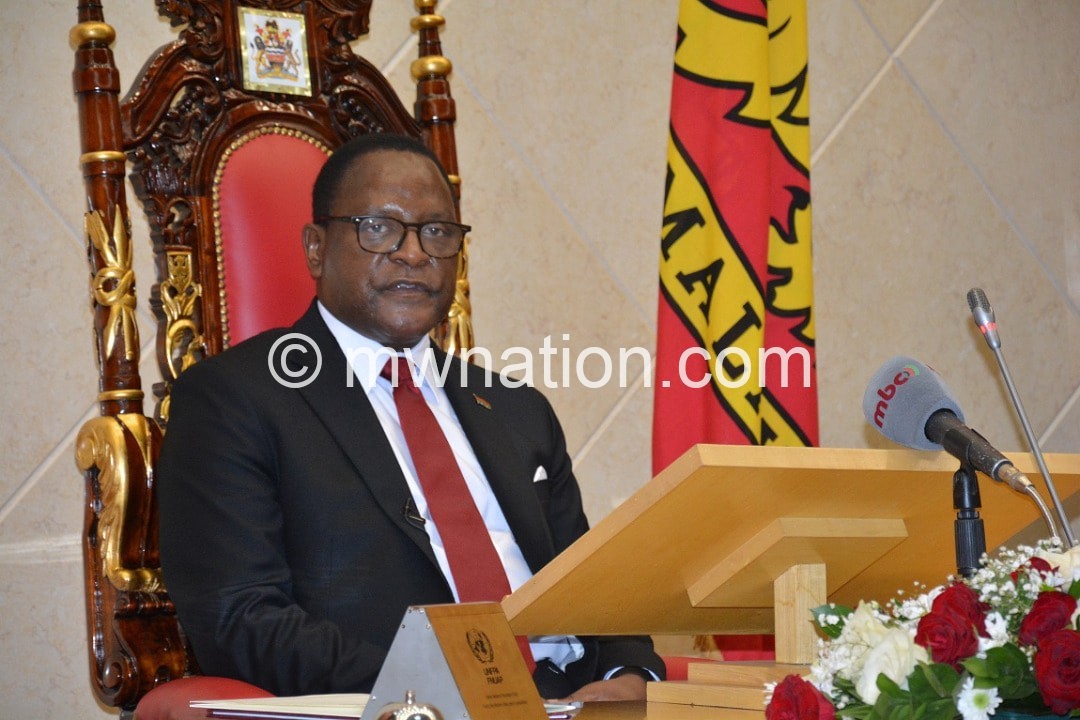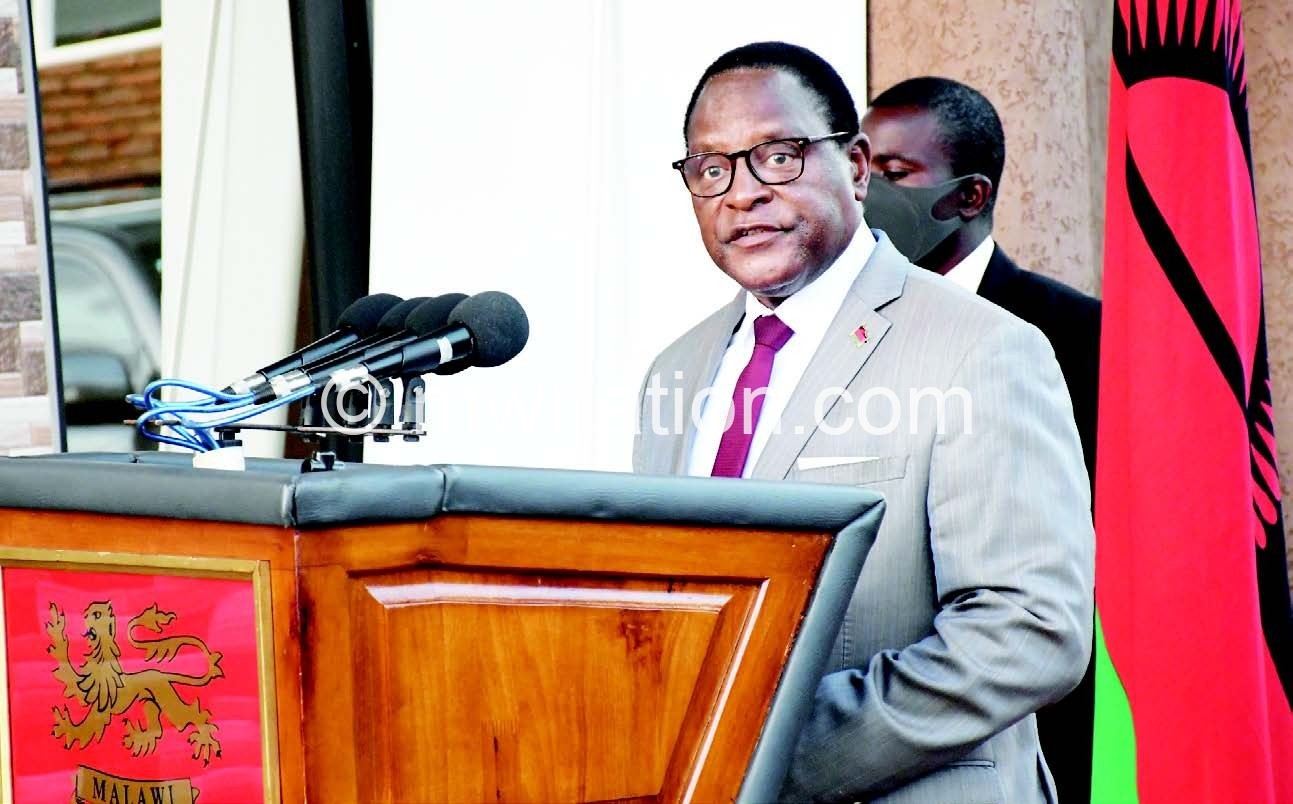Government and governance
L
ast week’s entry on the abuse of power by MPs at local government level attracted a lot of feedback. One came from Anderson J. Msosa, an alumini of Southampton University and a man with a long career in finance. He wrote me a lengthy piece in which he attributes the rot—spreading like cancer in this country—to lack of good governance. Here are his views:
The longer version of your message on the above subject last week would make an interesting book . In fact a presidential system, on its own, does not embrace mediocrity in leadership, but rather creates tenets of spear headship and control out of an open (free flow ) rule by the people (democracy) where individuals’ rights and freedom of expression are understood.
You have rightly highlighted separation of party (lower level) phenomenon from State with State, of course, being the biggest institution on the land put in place to service matters of welfare of the public.
At the grassroot level, equal opportunities and rights mean that we are all equal. State or civil service is institutionally equipped to adhere to governance (with feedback systems), State resources, manpower, and national plan (budget), all for the fulfillment of services of the livelihood of the citizen or in short, social contracts .
There are or should be non-governmental organisations comprising churches and political parties. There are larger than life issues of international shape involving other nationals and states commanding cooperation with the outside world —World Bank, and IMF for instance—for implementing and monitoring . This applies in situations, calling for foreign partners in debt financing, or of natural disasters , climate change and United Nations programmes.
This year Malawi is at cross roads as others have put it in the media, and in another way at a point on a precipice to a catastrophic crisis. This country needs a review of the policies for development at national level and civil service reform not susceptible to changes through whims of personal interest or regime changes.
There are those who have considered that mindset change will be a good starting point. Currently, our State is dysfunctional and non-responsive to feedback of problems facing the public or communities.
At party level, abuse of power and founders’ syndrome are at the centre of the reasons for mismanagement and imbalance in control of business.
The President is head (by election) of the Executive arm to execute (or decide on behalf of the people) action in accordance with terms of reference which make him/her answerable or accountable to the public (not the dolts) who hold the mandate.
Abuse of power is one of the serious infringements of his duties of care . Once a ‘public’ has reservations or concerns and consensus of such, then grounds for a process of disapproval and termination of terms of the service of incumbent can be triggered.
At this moment, the Malawi scenario is reminiscent of an untenable situation where the voice of the people has turned to petitioning and protests and demos. That change is imminent should not create the illusion that there is time.
The average Malawian needs no explanation to the problem threatening his well being one of which is that corruption is costing the country through Cashgate, Tractorgate, and of late Electiongate which all in all deprive him of the opportunities to sustain his wellbeing when his standard of living is being compromised.
Malawi has a distinct tribalist regime or ruling clique which is finding itself confronted with consequences of undemocratic policies to service matters of public and national interest. Public welfare has in the process been degraded. One of its failures has been making appointments to public office not based on merit which is now on the spotlight for inefficiencies in service deliveries and corruption in high places and criminal activities like money laundering and others mentioned above.
Collusion, a seemingly non-consequential habit, has resulted in profound implications as much as obstruction of justice to the extent that witnesses have been with and in extreme cases eliminated by way of car accidents, even poisoning .
That there are only a handful, holding positions of power and control who are able to send kids to expensive private schools when public schools are dilapidated. They go to hospitals abroad and on medical schemes while the local public health care system is failing.
In my view, there is need to recognise and encourage creation and reinforcing modalities of human rights in Malawi. We come from a background of economic problems as indicated which can be traced to leadership issues .
Those in position of power should honour and serve the interests of the public to whom their responsibility is owed.—edited for space and clarity. n





